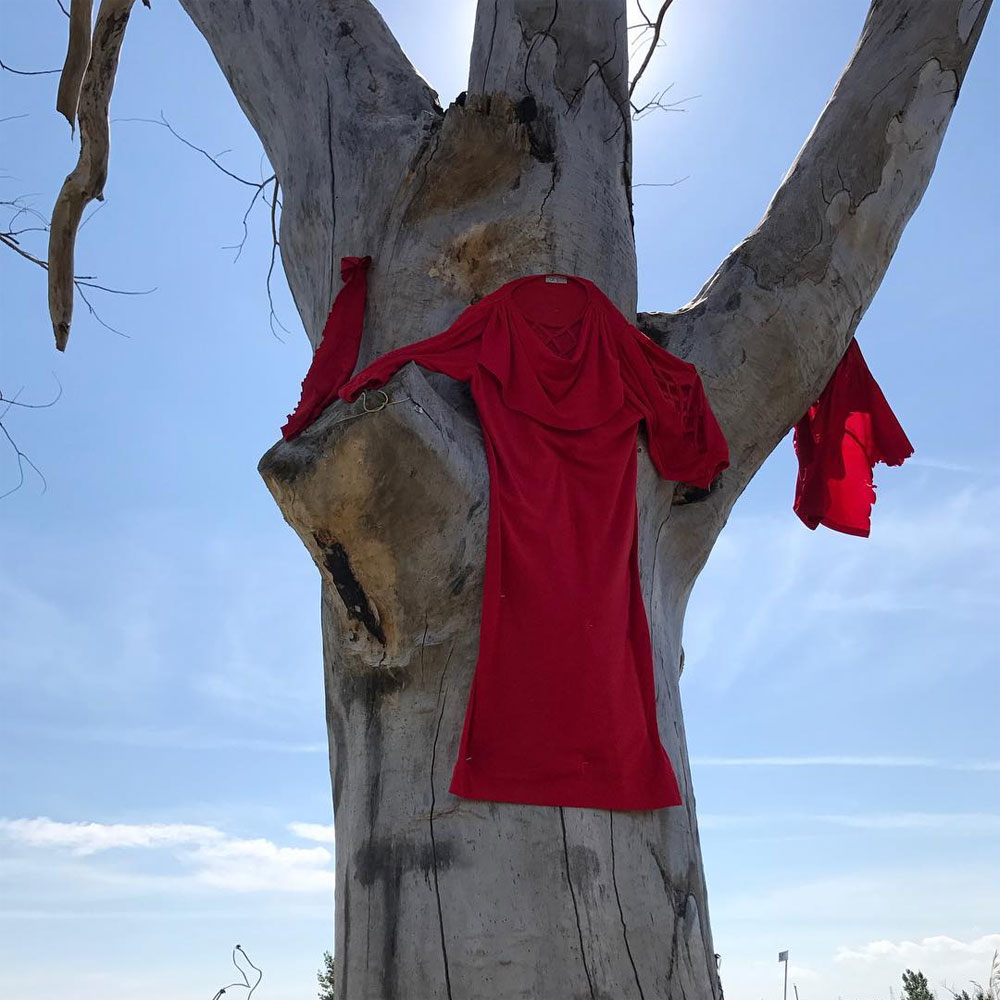
October 11, 2020; USA Today
On Saturday, President Donald Trump signed two long-awaited bills to address violence against Indigenous women. The bills, called Savanna’s Act and the Not Invisible Act, are designed to protect Native women from violence by improving data collection and reporting between federal and local agencies.
According to a report released by the Urban Indian Health Institute in 2018, Native women experience violence at more than 10 times the national average. The issue is compounded by inconsistent or nonexistent data collection and reporting practices. Advocates for missing and murdered Indigenous women and girls (MMIWG) note that one of the biggest hurdles to solving crimes and obtaining funding for prevention efforts is due to the lack of data sharing between federal, state, county, municipal, and tribal law enforcement. For example, in 2016, the National Crime Information Center received 5,712 reports of missing American Indian and Alaska Native women and girls, but only two percent of cases were logged in the US Department of Justice’s federal missing persons database.
To better address these issues, Savanna’s Act, named in memory of Savanna LaFontaine-Greywind, who was brutally murdered in 2017, specifically aims to:
Sign up for our free newsletters
Subscribe to NPQ's newsletters to have our top stories delivered directly to your inbox.
By signing up, you agree to our privacy policy and terms of use, and to receive messages from NPQ and our partners.
- Improve tribal access to federal crime information databases.
- Request recommendations from tribes on enhancing the safety of Native American women.
- Provide statistics on MMIWGs to Congress on an annual basis.
- Provide required training to law enforcement on recording a victim’s tribal enrollment information in federal databases.
- Seek input from tribes to standardize guidelines for responding to cases of missing and murdered Native Americans.
- Educate the public on using the National Missing and Unidentified Persons System.
- Distribute grants to local law enforcement agencies to develop and implement regionally appropriate policies and protocols to respond to cases of missing or murdered Native Americans.
The second bill, the Not Invisible Act, adds an additional level of accountability. Under the act, the Department of the Interior must designate an official from the Bureau of Indian Affairs to coordinate prevention efforts, grants, and programs related to missing, murdered, and trafficked Indians.
The Not Invisible Act also requires the creation of a joint commission tasked with developing recommendations to combat violent crime against Indigenous people. A content analysis of news coverage on MMIWG by the Urban Indian Health Institute found that racist and misogynist news coverage contributed to minimizing the issue. In response to media bias, the commission will partner directly with organizations within tribal communities such as tribal law enforcement, Indian health care providers, and businesses to provide victim-centered and culturally responsive training on effectively reporting missing, murdered or trafficked Indians.
In a statement for USA Today, former Senator Heidi Heitkamp (D-ND), who originally penned Savanna’s Act, says, “Finally, this bill was signed into law. And it happened just before Indigenous Peoples’ Day—a reminder that the US government has so much more to do to repair the broken promises to Native communities.”—Chelsea Dennis












